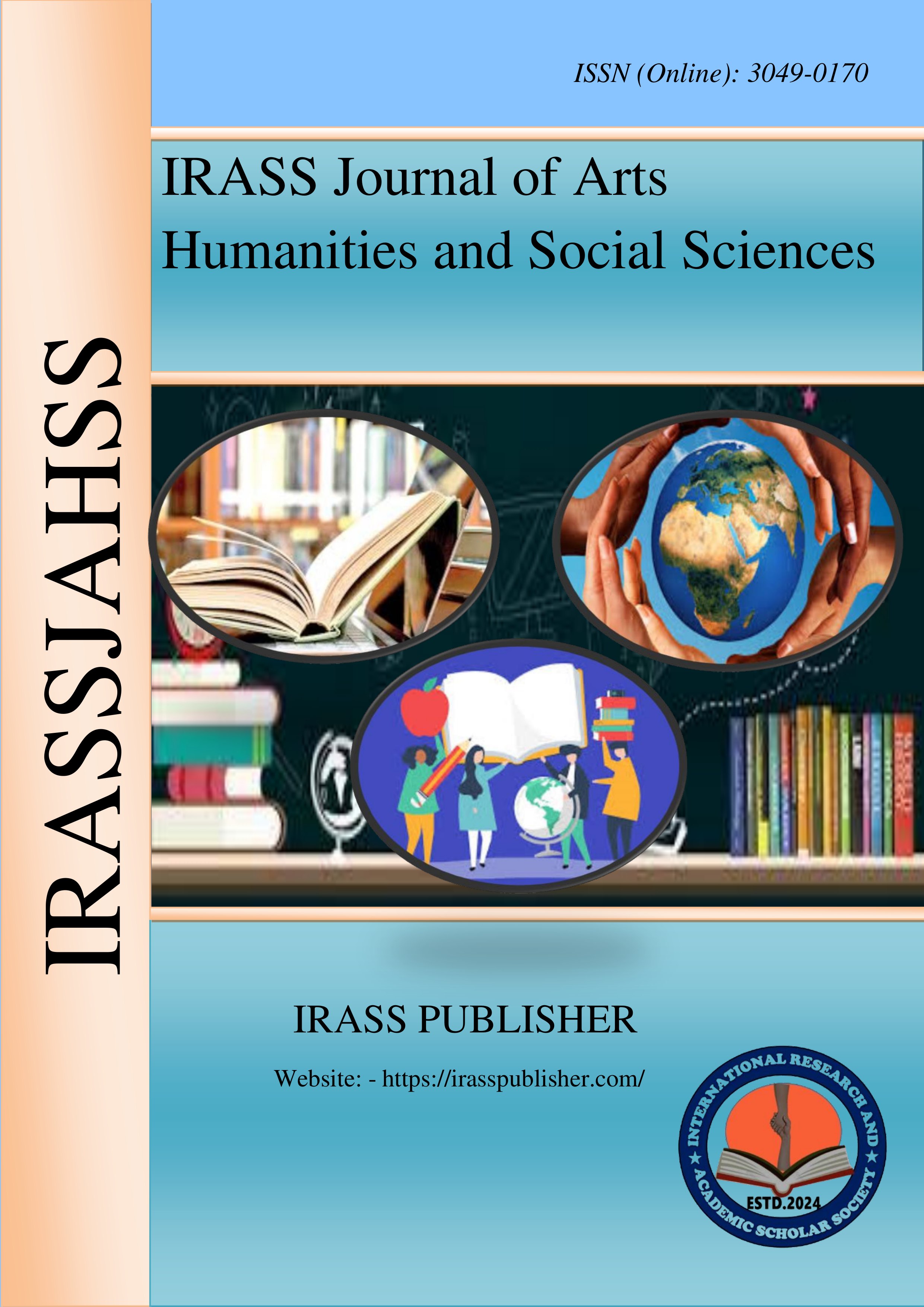Assessing Socio-Economic Empowerment Strategies Adopted by Women for Development in West ‘B’ District Zanzibar Tanzania
Sr No:
Page No:
31-40
Language:
English
Authors:
Fatma Hamid Ahmed, George Julius Babune*
Received:
2024-10-07
Accepted:
2024-10-18
Published Date:
2024-10-20
Abstract:
The study assessed the socio-economic empowerment strategies adopted by
women in West ?B? District Zanzibar. The main objective of this study was to assess
economic empowerment strategies adopted by women in the study area. Specific
objectives were to examine economic empowerment activities done by the
government actors, explore the adopted economic activities among women, and
evaluate the benefits of the adopted women's economic activities in the study area.
The study intended to obtain primary and secondary data. Primary data were obtained
through a questionnaire survey method, and secondary data were obtained through a
documentary review from various government sources. The study employed a
descriptive research design to collect information about the existing conditions
concerning the problem within the study area. The study employed a semi-quantitative
approach whereby descriptive statistics were used in order to obtain a complete
picture, information or data that assisted the researchers in evaluating and examining
the extent to which Women within the area of the study had been socio-economically
empowered by noting trends and generalisation through knowledge of the
participant?s perspective within the study area. The data were analysed through
Statistical Package for Social Science (SPSS). The adopted sample size was 100
women respondents who participated in the study selected by simple random sampling
method. The study revealed that of 100.0% of women who owned a business, 77
(77%) of women's source of funds was loans, 12(12%) used business as their source
of funds, and 11 (11.0%) used family contributions as their source of funds. The study
also revealed a number of actors involved in supporting women engaging in various
economic activities, such as about 39 (39.0%) involved government officials, 49
(49.0%) self-initiative, and 12 (12.0%) involved political leaders. The study
concluded that the government had supported women engaging in economic
empowerment activities through various strategies, including the provision of
education and training, financial and physical support that resulted in ownership of
properties including land, houses, cars and other essential properties that enabled
women to achieve economic benefits. Efforts should be made to support sustainable
livelihood activities among women.
Keywords:
Empowerment, Tanzania, Women Strategies, & Women Development.
Journal: IRASS Journal of Arts, Humanities and Social Sciences
ISSN(Online): 3049-0170
Publisher: IRASS Publisher
Frequency:
Monthly
Language:
English

